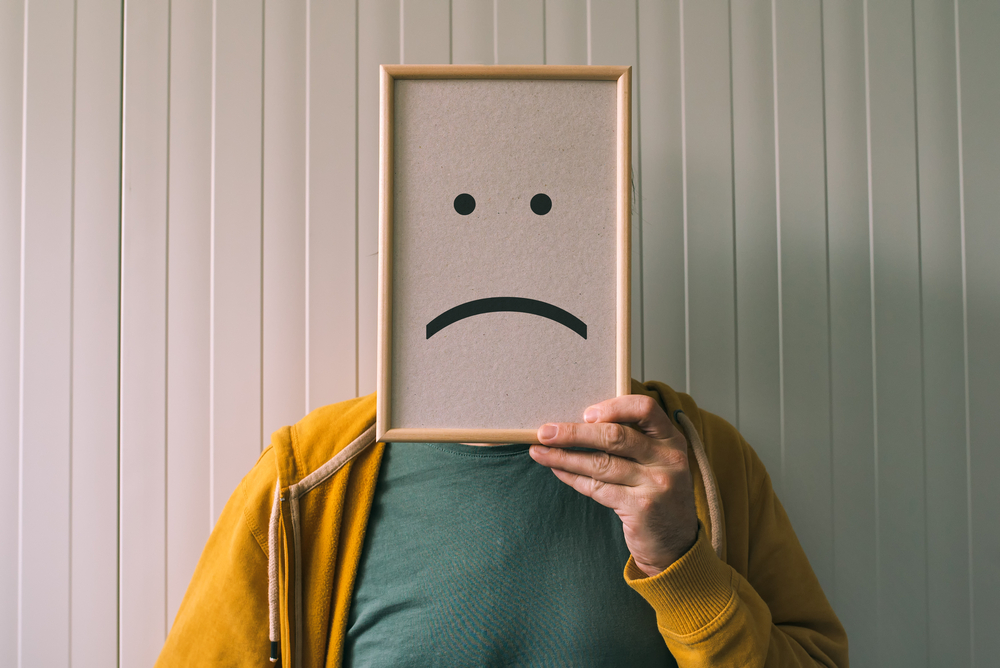Depression, also known as major depressive disorder (MDD) or clinical depression, is listed in the Diagnostic and Statistical Manual of Mental Disorders, Fifth Edition (DSM-5). It is a neurological disorder that affects mood, cognition, behavior, and impedes adaptive functioning. The World Health Organization (WHO) explains that depression is “characterized by persistent sadness and a lack of interest or pleasure in previously rewarding or enjoyable activities,” resulting in significant impairment in one’s daily life. If left untreated, depression has the propensity to increase one’s risk of several adverse physical and psychological outcomes. Major depressive disorder is recognized as the leading cause of disability in America for individuals ages fifteen to forty-four.
Treatment
Depression is a mental health disorder that requires treatment. Every person is different, and each will benefit most from a customized and tailored treatment plan to ensure all nuanced needs are met. Although integrating a combination of both psychotherapy and medication into one’s treatment plan is known to yield the most successful long-term results, medication is not always essential. There are a variety of non-pharmacological treatment options that may be included in one’s treatment plan, such as:
- Cognitive behavioral therapy (CBT): focuses on challenging and changing unhelpful cognitive distortions and behaviors, improving emotional regulation, and developing personal coping strategies to problem solve effectively.
- Dialectical behavior therapy (DBT): utilizes four main strategies (e.g., core mindfulness, distress tolerance, interpersonal effectiveness, emotion regulation) for teaching young people skills that help with effectively changing their behaviors.
- Expressive arts therapy (e.g., play therapy, art therapy, music therapy, drama therapy, sand therapy, etc.): provides an alternative medium to express, process, and integrate one’s thoughts and feelings surrounding the treatment process.
- Eye movement desensitization and reprocessing therapy (EMDR): utilizes guided eye movement techniques to help process one’s memories, thoughts, and emotional associations.
- Group therapy: participating in group therapy sessions can help an adolescent learn from peers that are navigating thoughts and emotions facing similar challenges.
- Interpersonal therapy (IPT): focuses on how a young person’s communications and interactions with other people affect his or her own mental health.
- Motivational interviewing (MI): is a counseling method that helps people resolve ambivalent feelings and insecurities to find the internal motivation they need to change their behavior.
In the case of unrelenting depression, a treatment plan may include electroconvulsive therapy (ECT), which is a procedure that uses a mild electrical current to cause a brief seizure. Another option may be a noninvasive form of brain stimulation called transcranial magnetic stimulation (TMS). Transcranial magnetic stimulation is a procedure that uses magnetic fields to stimulate nerve cells in the brain. In 2008, the U.S. Food and Drug Administration (FDA) approved TMS as a treatment for major depressive disorder.
For Information and Support
Every family in need of mental health treatment must select a program that will best suit the needs of their family. When one member of a family struggles, it impacts everyone in the family unit. To maximize the benefits of treatment we work closely with the entire family to ensure that everyone is receiving the support they need through these difficult times. Seeking help is never easy, but you are not alone! If you or someone you know needs mental health treatment, we strongly encourage you to reach out for help as quickly as possible. It is not uncommon for many mental health difficulties to impact a person’s life, long term. Pursuing support at the beginning of one’s journey can put the individual in the best position to learn how to manage themselves in a healthy way so they can go on to live happy and fulfilling lives.
OUR KNOWLEDGEABLE ADMISSIONS TEAM CAN BE REACHED 24/7 AT INFO@PACIFICRTC.COM OR CALL: 800-531-5769






